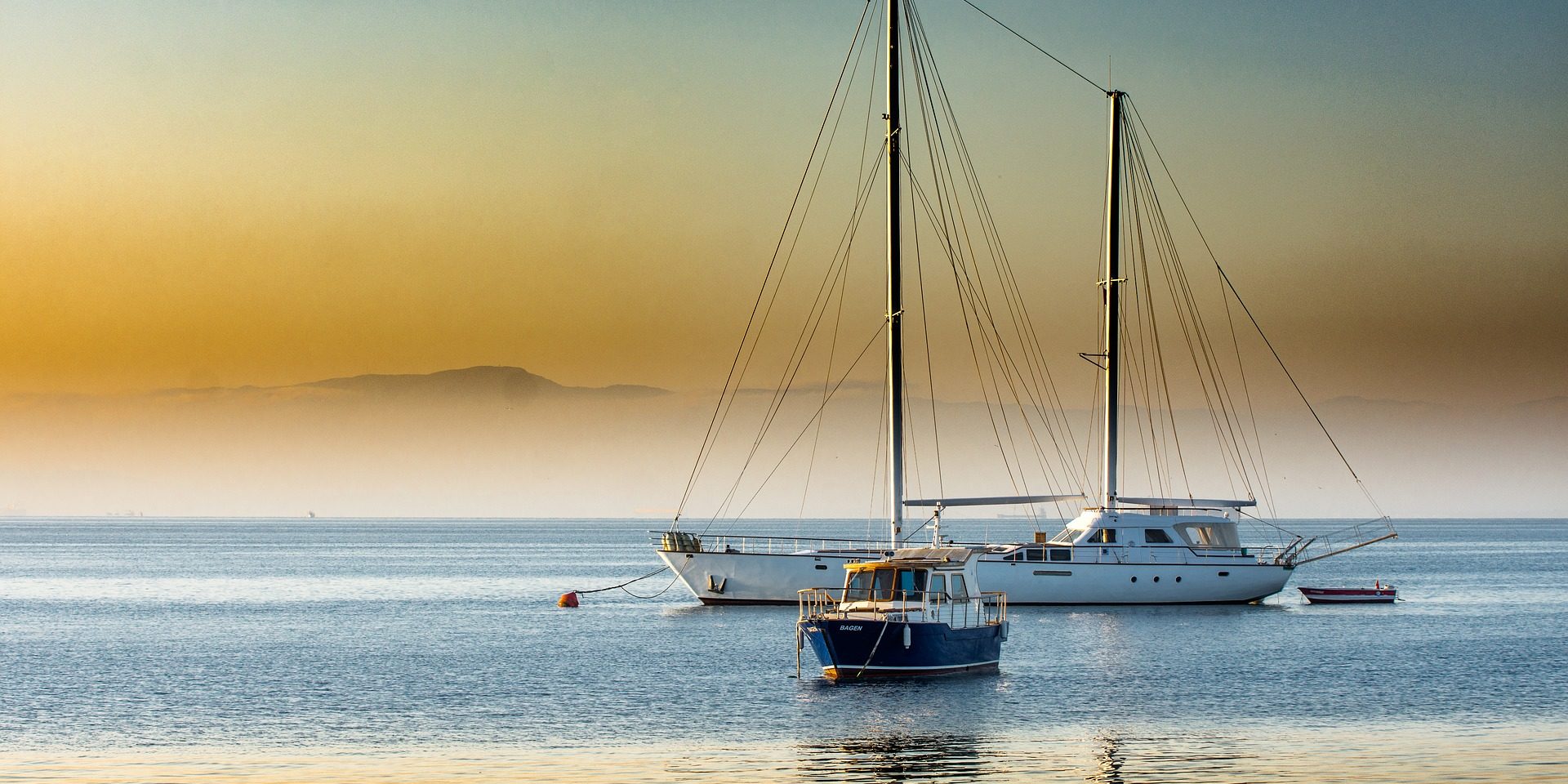
How to Get Compensated For A Recreational Boating Accident
Now that summer is here, our waterways are crowded with recreational boaters, sailors and swimmers. Unfortunately, the U.S. Coast Guard counted 4,158 accidents that involved 626 deaths, 2,613 injuries and approximately $42 million dollars of damage to property as a result of recreational boating accidents in 2015 alone. Last year, South Carolina had 23 boating fatalities and 136 reported boating accidents injuries.
The most common boating accident involves drowning which is mostly preventable by requiring all passengers to wear personal floatation devices in and around the water. Other common boating accidents include capsizing, swamping, passengers falling overboard, colliding into other vessels or swimmers, and hitting large wakes or waves. The causes of recreational boating accidents include operator inattention, inexperience, excessive speed, boating under the influence (BUI) and failure to have required safety equipment.
In a collision between two motorboats, both boats’ operators will usually be the partly at fault giving injured passengers a legal case against the operators of both boats. In a collision between a motorboat and a sailboat, row boat, canoe or kayak, the motorboat is more likely at fault because motorboats are warned to avoid the other vessels. When a boat hits a big wake or wave, the jolt can knock the passengers down or throw them overboard. Boating laws and safe boating practices require the boat’s operator to keep a lookout for anything that might be a hazard to their boat and passengers. The boat operator’s liability in a wake accident will depend on the circumstances, such as the size of the wake, the boat’s speed, boat traffic in the area and whether the passengers were warned. The boat that created the wake may also be negligent if, for example, the boat was operating at a high speed though a no wake zone or crowded area.
Federal and state boating laws require even small recreational boats to have safety equipment on board including:
- life jackets for each passenger
- portable life rings
- navigational lights
- flares
- loud whistles
- fire extinguishers.
The lack of proper safety equipment on board could lead to a claim of negligence against the boat’s owner.
If you suffer an injury in a boating accident, seek medical attention immediately, report the accident to the South Carolina Department of Natural Resources and other authorities, like the U.S. Coast Guard, local marine patrol or police. Then speak with one of the lawyers at Steinberg Law Firm to learn your rights and to recover compensation for your losses. Visit our blog that lists the immediate steps to take following a personal injury.




















